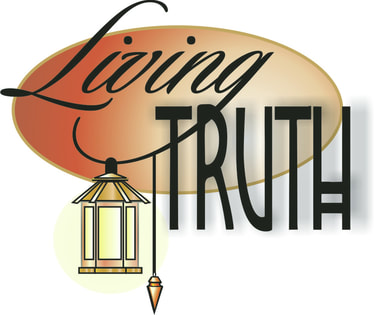|
One does not access God through proof. Proofs are limited to what mankind can observe and figure out on his/her own. God is beyond the human’s ability to ‘figure out’ and so one has to encounter God through revelation. See Jesus’ response to Peter in Matthew 16 as to HOW Peter came to understand Jesus’ identity. People who do not want to acknowledge God won’t. Their loss.
0 Comments
No, he protects children from the sins of their fathers to the 3rd and 4th generation for those that hate him and to the thousands of generations for those that love him. The word for ‘visit’ in Numbers 14:18 KJV is פָּקַד pakad. While later Christian interpreters, concerned with sin, translated it to mean ‘visit’, there are several other meanings including to care for. So in looking at the context of the verse, there is a comparison to the lovingkindness (hesed) of God (also weakly translated) toward both those who do not acknowledge Him (those that hate Him) and those that do (those that love Him). English is not the best language to translate Hebrew. We are separated by thousands of years of language change and cultural differences. I would suggest using
Chesed is complicated. It is more than lovingkindness that is often used to translate chesed. The term implies four actions that are interrelated. First it is benevolence or kindness toward someone within the context of relationship. It must be from the heart. Second, one one has experienced it, one now has an obligation to reciprocity. Third, it assumes a pay it forward attitude whereby I am obligated to pass chesed to someone else. Fourth, chesed is relational. It is the attitudinal and active posture of community. It is not isolated to the individual as lovingkindness might imply. Chesed cannot exist outside of community. Chesed almost defines Matthew 5:3–10 in that it the glue to a covenant relationship in a collective identity. This is why it is difficult to define Chesed in one English word. |
Cheryl Durham, Ph.D.Cheryl is the Executive Director at Living Truth. She is also currently Dean of Students and Professor of New Testament Culture and History at Master's International University of Divinity. She holds a Bachelor and Master's Degree in Biblical Counseling, a Doctor of Biblical Studies in Worldview and a Ph.D. in New Testament History and Culture. Archives
March 2020
Categories |

 RSS Feed
RSS Feed
